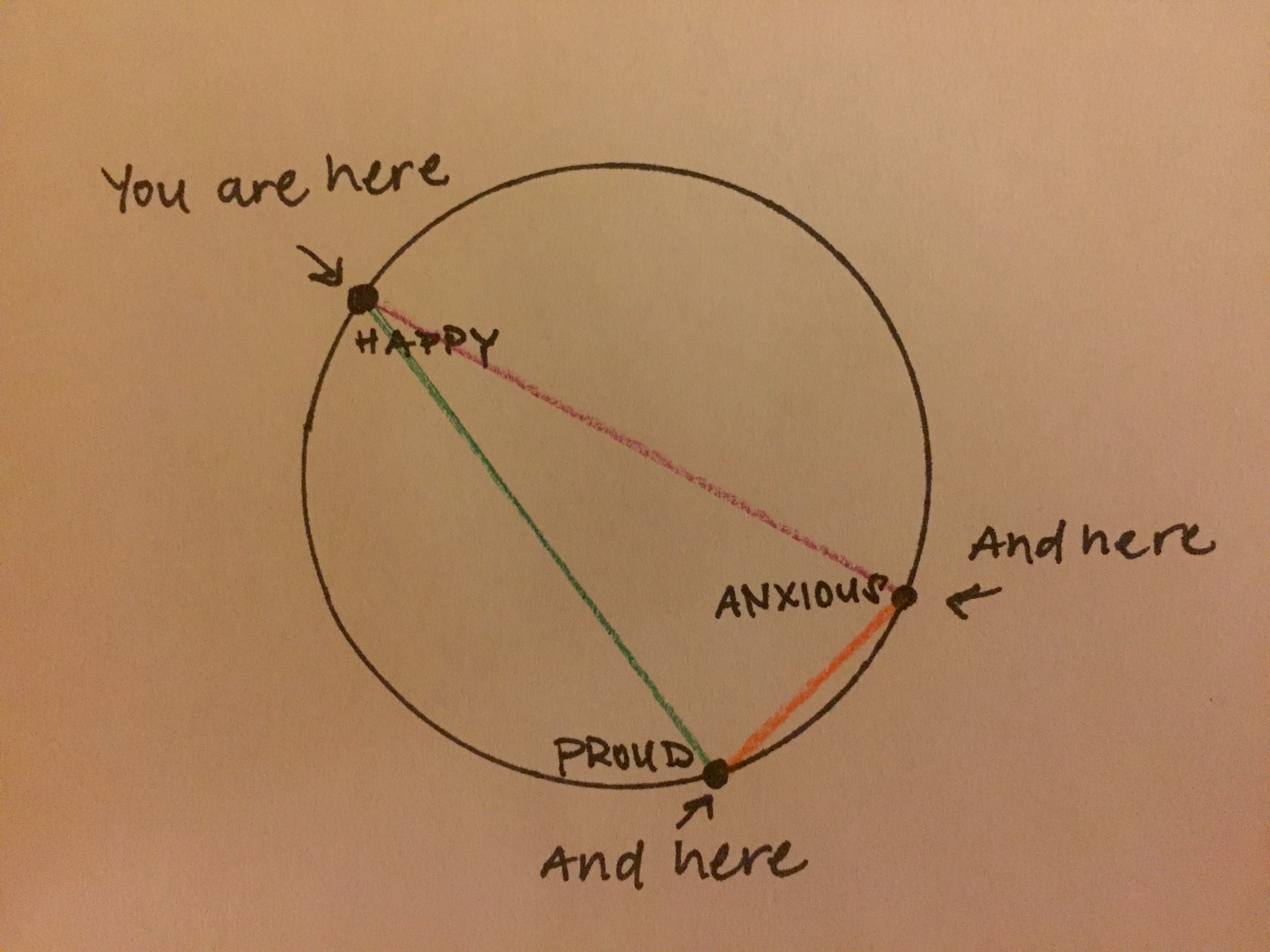“All humans are capable of bold acts, but being a woman requires it daily. ”
Photo by Even Keel Imagery - Miriam Brummel
Being a woman means many different things to the wide-world of self-identifying women. For me, being a woman takes a certain amount of boldness to be oneself and to honor the unique value of our more feminine traits, even in the face of misogyny and patriarchal structures. Bold may not be a word that readily comes to mind for some people when they think about women, especially considering that historically women have been considered more submissive, polite, and accommodating. However, inherent in being bold is a courage to take risks and be seen.
Without getting too political, I must say that bold was a word that came to mind after listening to the Kavanaugh hearing as I considered the enormous risk that Christine Blasey Ford was taking to have her voice heard. As a therapist and someone who has made a career of listening to people’s stories, I was particularly struck by the bold conviction she had to be heard and to voice injustices against women that can be all too cavalier. To speak of justice at the hearing of a supreme court justice nominee was a bold decision. Despite facing public ridicule and overwhelming threats on the safety of her and her family, she boldly went forward in a room full of predominantly high-powered men and spoke her truth.
This act of boldness reminded me of the everyday struggle for women to be heard, to be accepted as ‘credible,’ and to be themselves in a societal structure designed to make them fight for their rights time and time again. The risks we take every day even in deciding what to wear in a world that has been known to blame survivors of sexual assault based on their personal expression of style, takes an inborn boldness to carry on and demand that we be treated fairly. All humans are capable of bold acts, but being a woman requires it daily.
HERE'S HOW YOU CAN PARTICIPATE IN DRESSEMBER WITH US:
Give! Visit our Dressember page and make a donation. It's that simple and no sum is too small. Truly.
Follow! Be sure to follow us on Instagram and our blog throughout the month of December. We will be documenting our fierce fashion choices but our deepest intention is to empower and educate.
Share! Help us spread the word. You can do this by sharing our social media posts or links to our Dressember fundraising campaign page.
Erika Mitchell, MA, is a Registered Associate Marriage and Family Therapist #109385, working under the professional supervision of Michelle Harwell, PsyD, LMFT 50732. Erika specializes in helping her clients bring mindful, attuned awareness to their sensations and emotions.


















